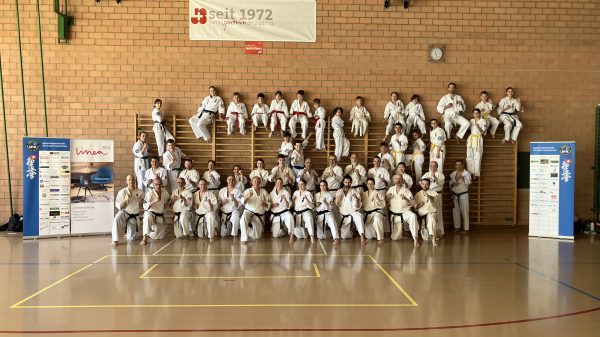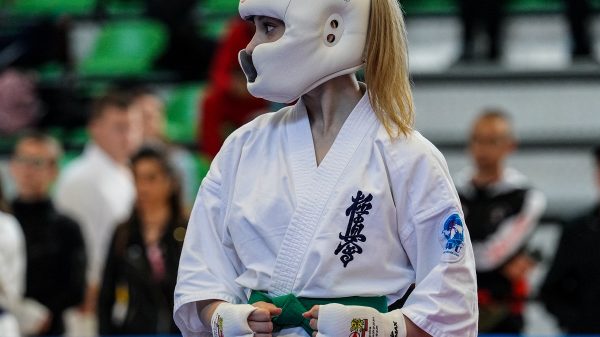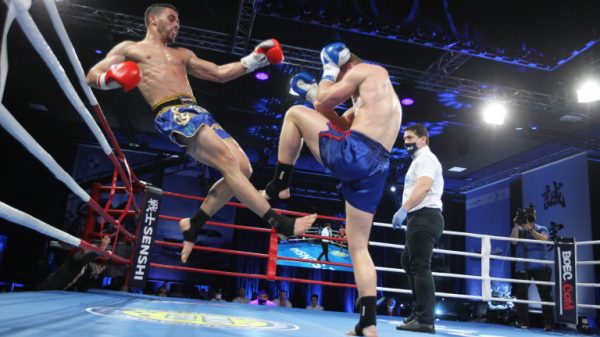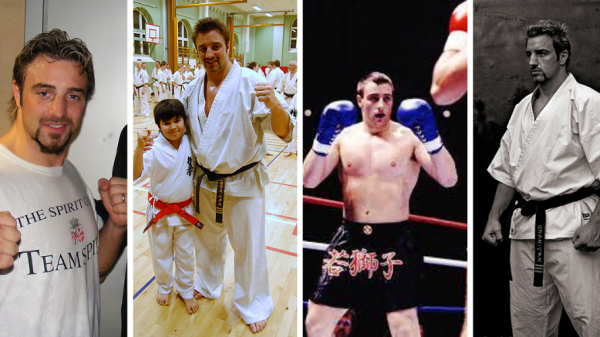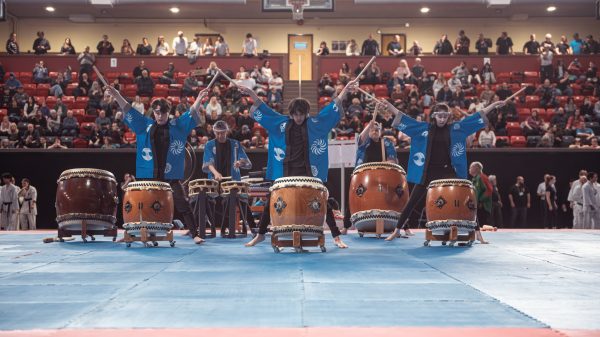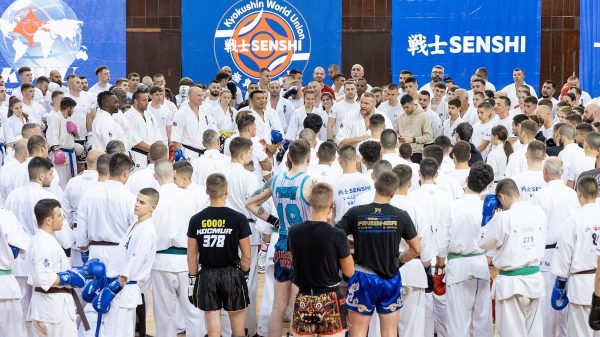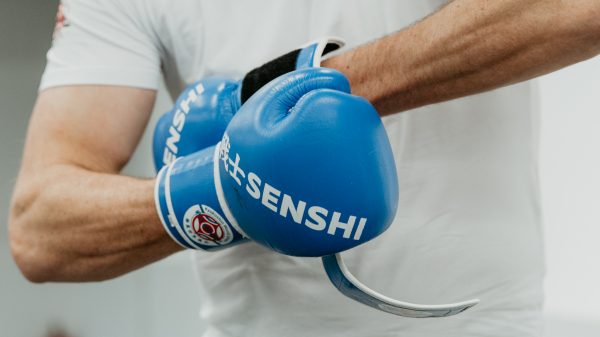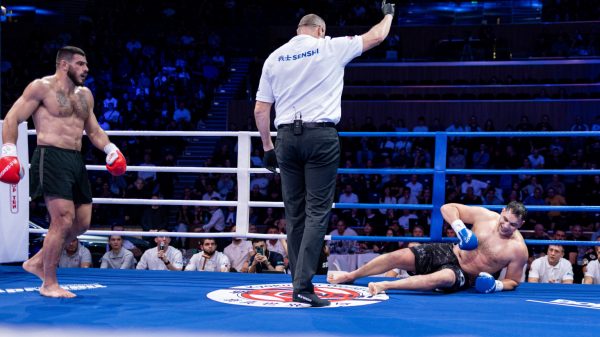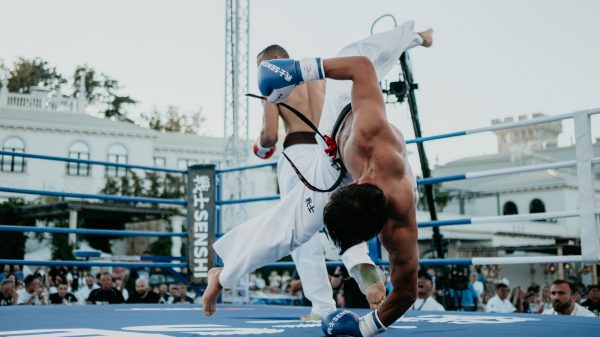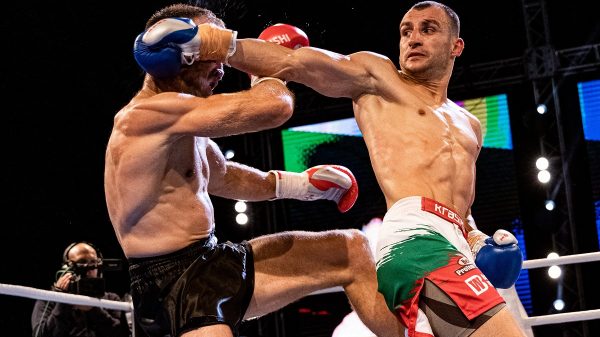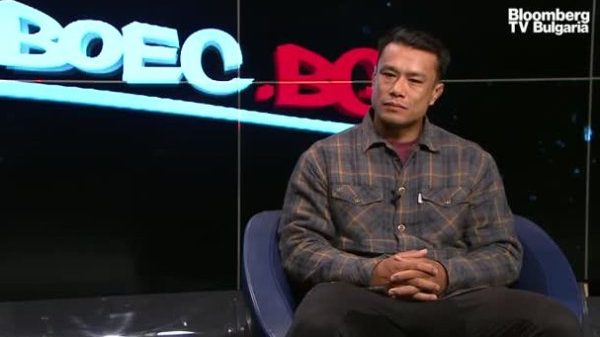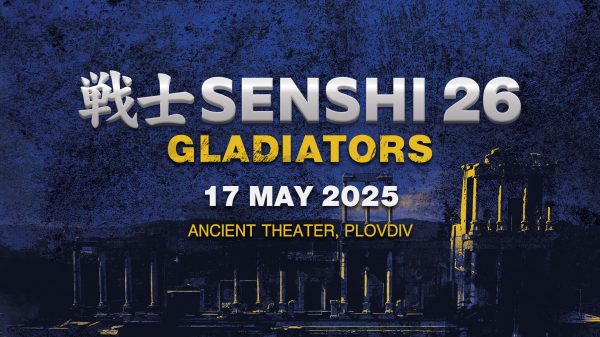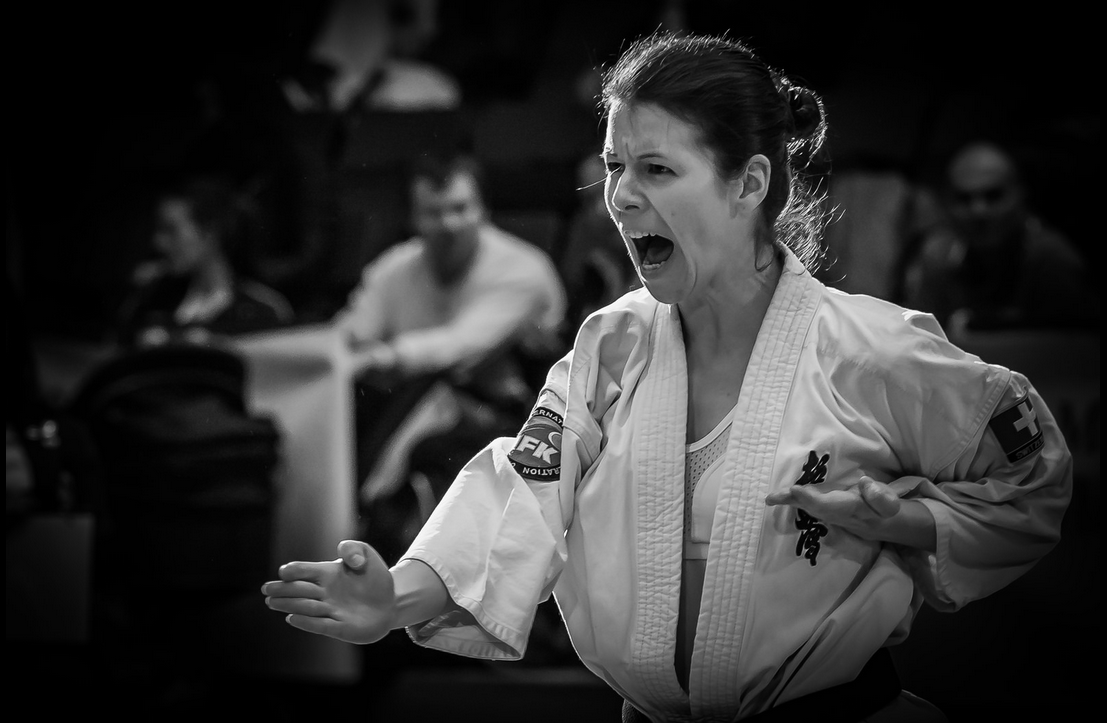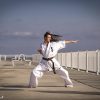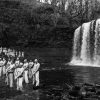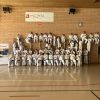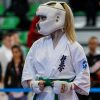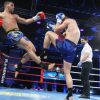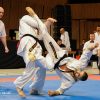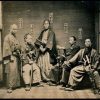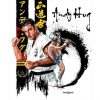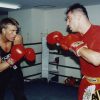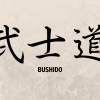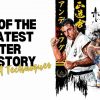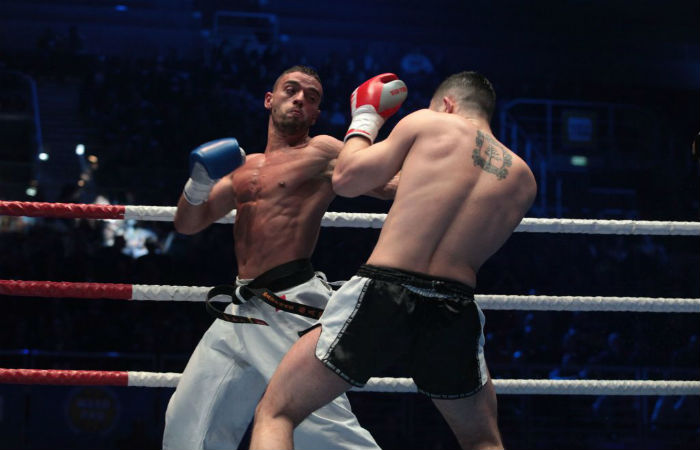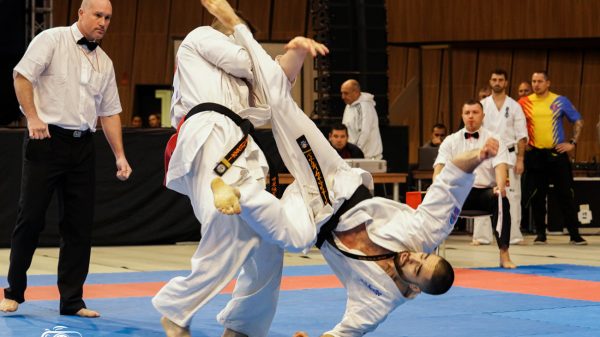Martial arts are often associated with physical techniques and skills, but several other components are equally crucial for martial artists to master. One such component is the kiai, an act of focusing intention widely used across many martial arts styles. Let’s deLet’snto the history, usage, and application of this powerful yet often overlooked element in martial arts.
History of the Kiai
Kiai is a Japanese word that means “unified” energy.” The co “cept emphasizes the importance of focusing all your energy and intention into a powerful action. Suppose your thoughts are scattered during the execution of a movement and its accompanying kiai. In that case, you are missing the essence of “unified” energy.” This t” rm is about converging all your focus and intention with your action.
The feeling comes first, and the resultant sound is secondary. Imagine your intention as lightning and let the vocalization of your kiai erupt alongside it like thunder—unforced yet naturally powerful. Notably, the shout does not have to be uttered as “kiai!” or “hi-yaah!”
Historically, kiai has been used in various contexts throughout Japanese culture, not least in martial arts and traditional theater. Over time, kiai became integral to the training and practice of many martial arts around the world. For example, in Korean martial arts, it is referred to as kihap, retaining the same character meaning but with different pronunciation. Today, it is often used to focus the mind and body, control breathing, and enhance power and intensity in martial arts techniques.
Usage of the Kiai
The kiai is typically performed by exhaling loudly and forcefully while executing a martial arts technique, such as a strike, kick, block, or evasion. The timing and volume of the kiai can vary depending on the martial arts style, the specific technique, and individual preferences.
In addition to increasing power and focus during techniques, the kiai serves several other purposes. It can intimidate opponents, distract them, or even communicate with training partners or instructors during practice.
Application of the Kiai
The kiai has several practical applications in martial arts training and practice:
- Breath Control: Martial artists can learn to control their breath and heart rate by forcefully exhaling during a kiai. This helps them stay focused and calm during training and competition.
- Increased Power and Effectiveness: The forceful exhalation during a kiai creates energy and momentum, increasing the force and impact of strikes, kicks, or other techniques.
- Mental Focus and Concentration: Using the kiai to focus attention on the present moment improves awareness and concentration, allowing martial artists to anticipate and respond better to their opponents’ movements.
- Teamwork and Communication: The kiai can also enhance communication with training partners or instructors, fostering better relationships and a deeper understanding of techniques and training methods. A good coach or training partner can synchronize breathing and signal the need to intensify or relax through vocal tone and volume.
Conclusion
In summary, the kiai is an essential element of martial arts passed down through generations. It’s a powerful tool to help martial artists increase their focus, strength, and mental fortitude. The kiai can be utilized in various ways, both in self-defense and competition.
The kiai may seem intimidating or strange for those new to martial arts. This discomfort is part of the training process, designed to help you break through barriers. With time and practice, the kiai becomes second nature. It is not merely a yell or scream but a controlled release of energy requiring proper technique and breath control. This energy can be kinetic, mental, muscular engagement, or intentional.
Ultimately, the kiai is a physical expression of a martial artist’s inner strength, embodying the mind-body connection essential for executing effective actions. Understanding the kiai can unlock new levels of power and capability in your martial arts journey.


